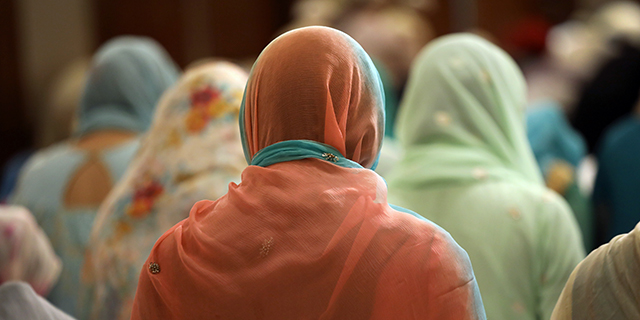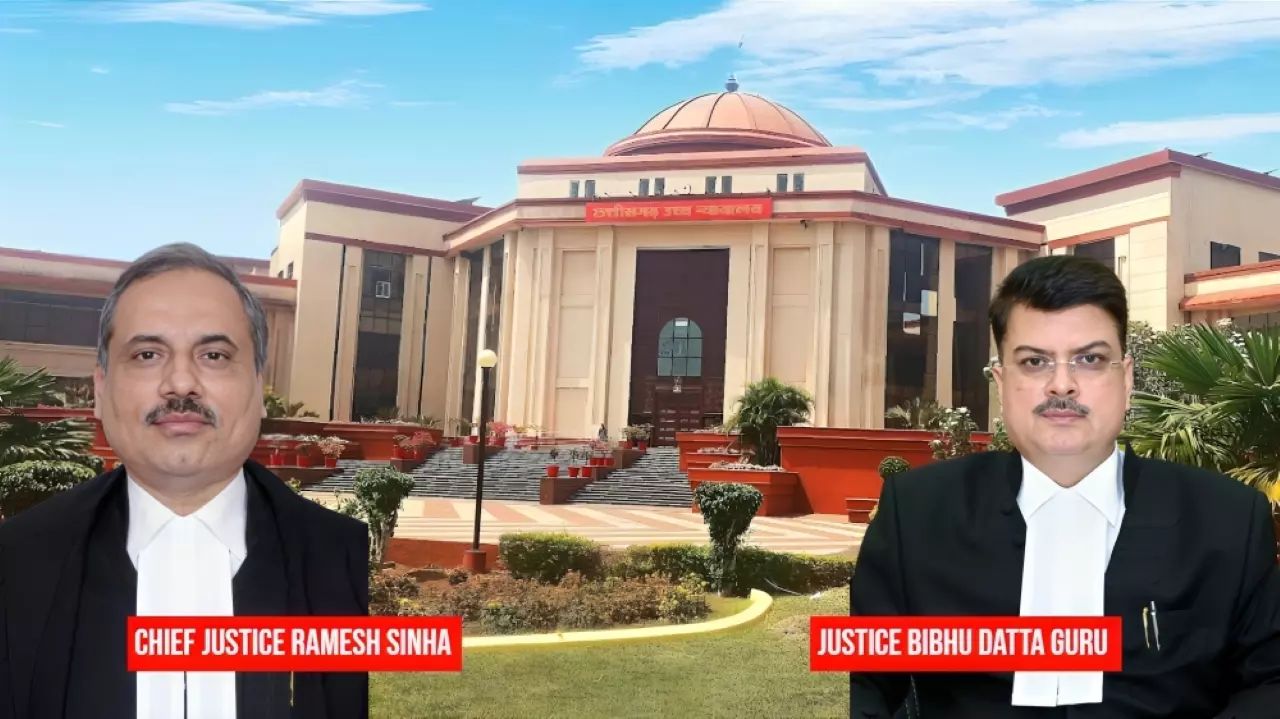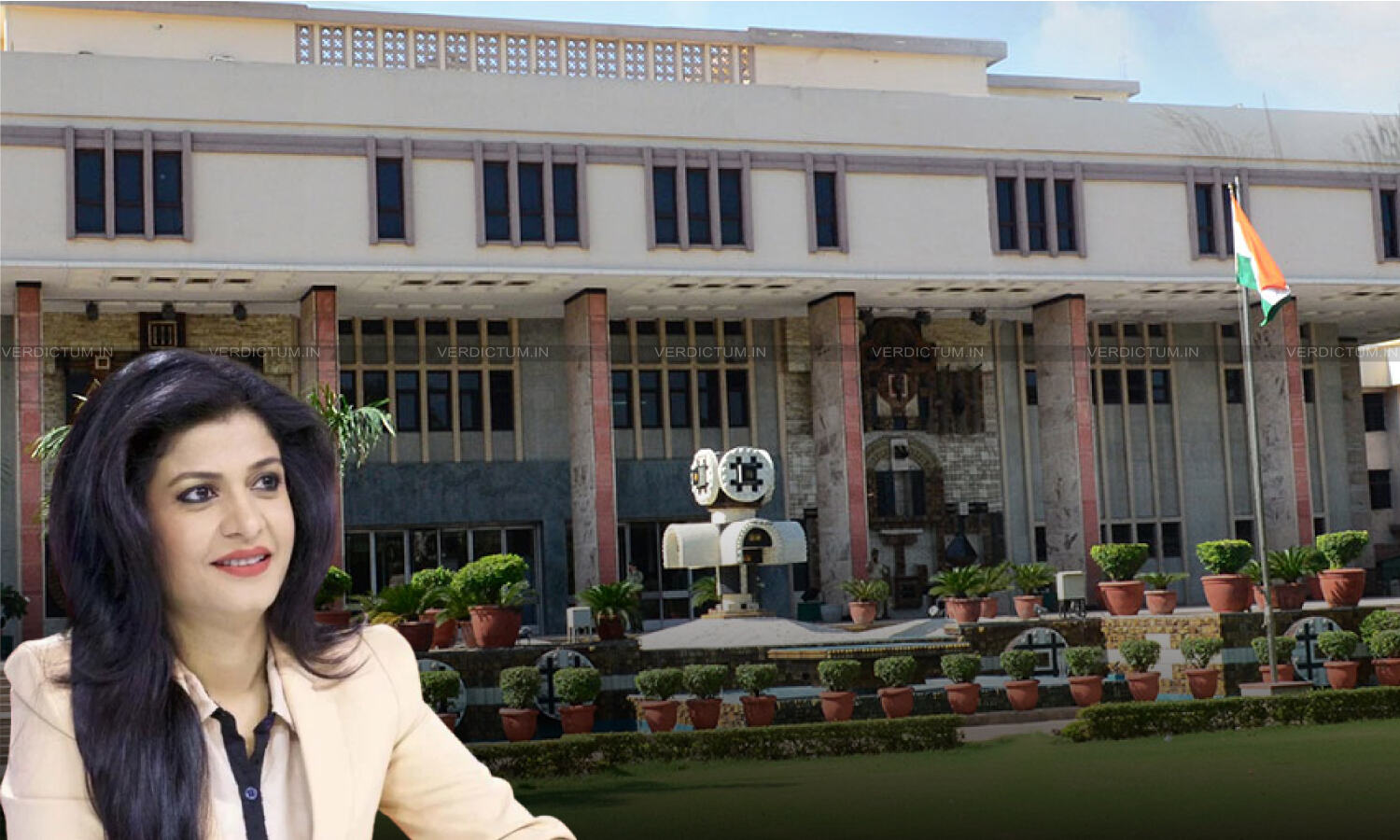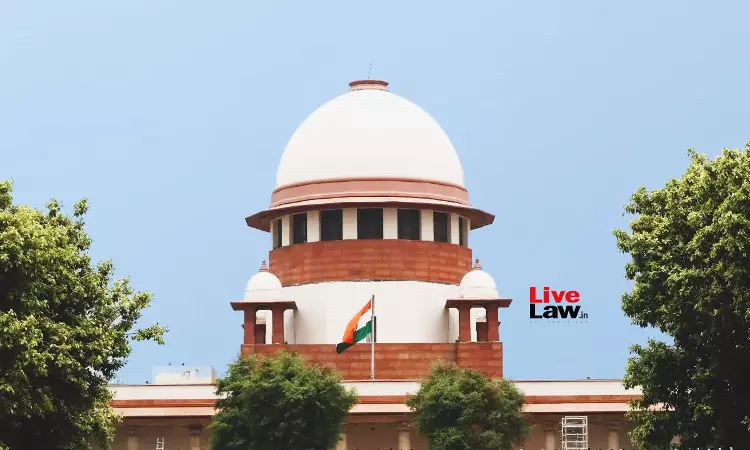Muslim Woman’s Right To Demand Divorce By ‘Khula’ Is Absolute, Not Dependant On Husband’s Acceptance: Telangana High Court


The Telangana High Court has recently held that the right of a Muslim woman to demand Khula i.e. divorce is an absolute right and is not predicated on the husband’s acceptance of this demand.
A division bench of Justice Moshumi Bhattacharya and Justice BR Madhusudhan Rao in its order said:
“Since the wife’s right to demand Khula is absolute and does not have to be predicated on a cause or acceptance of the demand by the husband, the only role of a Court of law is to put a judicial stamp on the termination of the marriage, which then becomes binding on both parties”
It further observed, “We are of the considered view that obtaining a Khulanama (Certificate of dissolution of marriage) from a Mufti or a Dar-ul-Qaza is not necessary for putting the seal of finality on the dissolution of the marriage since the opinion given by a Mufti is advisory in nature. What however is important is the transition of the private dispute from the personal sphere to the Court on the parties seeking a decision on the wife’s demand for Khula. This means that the wife’s proposal for Khula takes immediate effect upon the demand being made, provided the matter remains within the private, non-adjudicatory realm of the parties“.
The court further said that Family Court has to simply to ascertain whether the demand of Khula is valid upon an effective attempt to reconcile the differences between the parties; or any offer by the wife to return the dower.
The court was hearing a plea moved by a man challenging a family court’s order which dismissed his plea against dissolution of his marriage with the respondent-former wife by the Sada-E-Haq Sharai Council.
The family court dismissed his plea on the ground that the Council had followed due procedure in issuing a Divorce Certificate to the respondent wife. The Trial Court also found that the wife had obtained ‘Khula’ divorce from the man by following the procedure laid down by the Courts.
Background
The man (appellant) and respondent wife were married in 2012 and she stayed in the marital home for about five years. Thereafter she alleged assault by the man. Subsequently, she demanded Khula divorce from the appellant, which he refused. She then approached the Council for grant of Khula divorce. The Council consisted of experts in Muslim Law: a Mufti, a Professor of Islamic Studies, a Professor of Arabic and the Imam of a Mosque.
The Council sent three notices to the appellant with the demand for Khula divorce and invited the appellant to attend a reconciliation meeting. He visited the office of the Council and handed over a letter in 2020 questioning the Council’s authority in assuming the duty/jurisdiction to resolve/mediate the disputes between the appellant and the respondent wife and refused to attend the reconciliation meeting.
Since the conciliation efforts had failed, Council issued a Khulanama (Divorce Certificate) on October 5, 2020 to the wife certifying the dissolution of the marriage. The appellant, however, did not accept the Advisory Opinion/Fatwa/Khula nama and moved before the family court which dismissed his plea. Against this he moved the high court.
Findings
With respect to ‘Khula’ the court in its order said, “‘Khula’ literally translates to relinquishment in Arabic. It is a mode of dissolution of marriage when the wife does not want to 9 continue with the marital tie and can settle the matter privately by consulting a Mufti (Jurist Consult) of her School. The Mufti gives an advisory decision (Fatwa) based on the Shariat of his School. In a Khula divorce, the wife proposes to her husband for dissolution of marriage which may or may not be accompanied by an offer on the part of the wife to give something in return. The wife may however offer to relinquish her claim to Mahr (Dower) as an option available to her but which is not a pre-requisite for a Khula divorce. When approached by the wife, the Mufti gives a Fatwa/advisory decision based on Shariat of his School. However, if the matter cannot be settled privately and is carried to litigation, the Judge (Qazi) is required to deliver a judgment (Qaza) based upon the Shariat“.
It further said that a wife’s right to Khula is parallel to a husband’s right to Talaq and “both forms of divorce are unconditional”.
On the order passed by the family court, the high court observed that findings given by the family court–on the wife’s demand for Khula divorce on multiple occasions despite efforts made by the Council for a reconciliation–had not been disputed by the appellant husband.
“After considering the facts and the relevant law on the subject, the Family Court concluded that the Fatwa/advisory opinion given by the respondent No.2 was correct. Therefore, the Khulanama granted by the respondent No.2 did not warrant interference,” the high court said.
The high court further observed that though Khula divorce is recognized as a private non-confrontational dissolution of marriage, the wife has the option to approach the Qazi for a Khulanama (Certificate of Divorce) if the husband refuses to grant the Khula.
It said that the husband, in turn, is entitled to approach the Court if he disputes the demand for Khula or the Khulanama.
“The Family Court, in essence provides a forum (the only forum) to both the parties to ventilate their grievances in relation to the status of the marriage. The requirements formulated by the Family Court paraphrases the essentials for a Khula divorce for attaining finality. Notably, the appellant has not challenged the formulation of requirements by the Family Court nor the conclusion that the marriage of the appellant and the respondent No.1 is no longer subsisting. The only grievance of the appellant is that the respondent No.2 lacked jurisdiction to issue the Fatwa or the Khulanama in favour of the respondent No.1,” the court said.
The high court observed that the family court in its order had recorded a “detailed exposition of the law on the subject” and expressed an unequivocal view that the order passed by the Council was correct.
Thus once the Family Court pronounced its decision, the appellant is required to plead and show a factual or legal error warranting interference by the high court; the high court concluded that the appellant husband had not shown such infirmity.
Upholding the family court’s order the high court dismissed the man’s plea.





